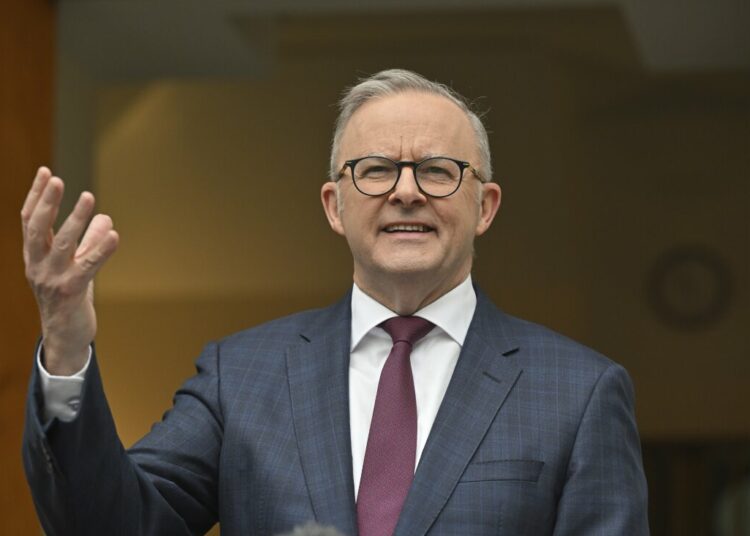
Australia is set to introduce landmark legislation banning children under 16 from accessing social media, Prime Minister Anthony Albanese announced on Thursday. This sweeping policy aims to counter the negative effects of social media on children’s physical and mental health, including body image issues in young girls and exposure to misogynistic content among boys. If passed, the legislation would take effect in late 2025.
“Social media is doing harm to our kids, and I’m calling time on it,” Albanese declared in a news conference. “If you’re a 14-year-old kid getting this stuff, at a time where you’re going through life’s changes, it can be a really difficult time. We’re listening and acting.”
Australia’s policy will involve age-verification systems using biometric data or government identification to block access to platforms, making it the strictest social media regulation for children globally. The proposal also sets a higher age limit than any other country and will not allow exemptions for parental consent or pre-existing accounts.
Communications Minister Michelle Rowland described the measures as “truly world-leading,” with the legislation applying to major social media platforms like Instagram, Facebook, TikTok, and YouTube. “The onus will be on social media platforms to demonstrate they are taking reasonable steps to prevent access,” said Albanese. “The onus won’t be on parents or young people.”
The legislation has received bipartisan support, with the opposition Liberal Party backing the initiative. However, the Digital Industry Group (DIGI), which represents major platforms including Meta, TikTok, and Google, criticized the approach. DIGI Managing Director Sunita Bose warned that bans could push young people toward unregulated areas of the internet, advocating instead for “a balanced approach” that includes creating age-appropriate spaces and building digital literacy.
While France recently proposed a social media age limit of 15 with parental consent exemptions, Australia’s policy will be stricter. In the U.S., social media companies are required to obtain parental consent for users under 13 but have not adopted a comparable age-verification approach.
Albanese’s administration plans to submit the bill to parliament later this year, aiming for ratification and enactment within 12 months.







